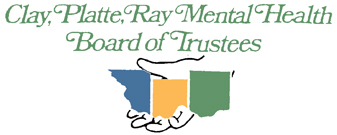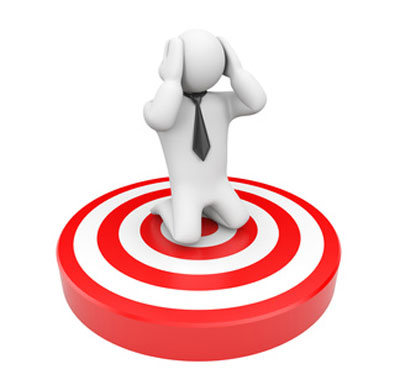
Contact Us | Services | Recent Successes
Improving the availability of inclusive mental health
services for all residents in Clay, Platte and Ray counties.
Coping with COVID-19: It’s Not Easy But It Is Possible

Stress surrounding COVID-19 can make it feel like your wearing a bullseye, but some relatively easy steps can help.
The threat of a communicable disease that can kill is bad enough, but sometimes it seems the only certainty is that the count of those infected and those who have died keeps climbing. Otherwise, mixed messages and the increasingly claustrophobic recommendations cause anxiety in even those who are normally resilient and mentally healthy.
The Centers for Disease Control and Prevention notes that stress during an outbreak like this can cause a wide range of symptoms, from changing sleep or eating patterns to worsening mental and physical problems. Increased alcohol, tobacco and other drug use is often a result. Recent reports indicate that domestic violence has increased worldwide.
Even some who profess mental health can be affected. Strong statements of unconcern may mask considerable concern, even fear. Displays of nonchalance can represent an attempt to deny the problem exists.
Action Plan
There are several things that can help that are within the reach of almost everyone, without expense. Some not only take little time but may save time:
• Take a break from news and social media: It’s natural to seek the latest updates and some of these (like stay at home orders) are important. But constantly bombarding yourself with news of the pandemic, posts on its nearly infinite aspects and often argumentative politics are upsetting. Turn on some music or listen to a podcast covering a non-virus topic. Take time on some productive projects or exercise.
• Exercise to suit your mood and health: If you’re a recreational athlete, this may not be the time to start training for a marathon, but exercise is a critical component of mental health, especially in times like this. If you can do it safely, walking may be the single best strategy. If it’s not possible or you simply feel the risks aren’t worth it, don’t despair. Indoor workouts like palates or yoga are excellent.
• Just breath: This might be the single best piece of advice you’ll hear. As with a panic attack or other anxiety issues, the high-stress environment now surrounding us can be blunted or even eliminated by meditation techniques that involve deep breathing. There are even smart phone apps that are effective in guiding you. But anything from knitting to prayer can help immensely.
• Watch what you consume: Even if you’re exercising as much as possible, it’s smart to watch your intake of food, alcohol and other drugs or medications. It may seem natural to lean on these during a stressful time, but they will add to your problems in very real, measurable ways. They might help in the short run, but they quickly bring negative side effects you don’t need right now.
• Remember, this too shall pass: With the vague and often moving promises for ending this threat, it can be especially depressing. Humans like a roadmap and the current period is unlike anything experienced by most people alive today. But, while it is stressful, even frightening, it will end. Bet on it!
The Clay, Platte, Ray Mental Health Board of Trustees
3100 NE 83rd Street, #2700, Kansas City, MO 64119 • (816) 468-1772 • info@clay-platte-rayMH.org
website questions: daleg@dginform.com